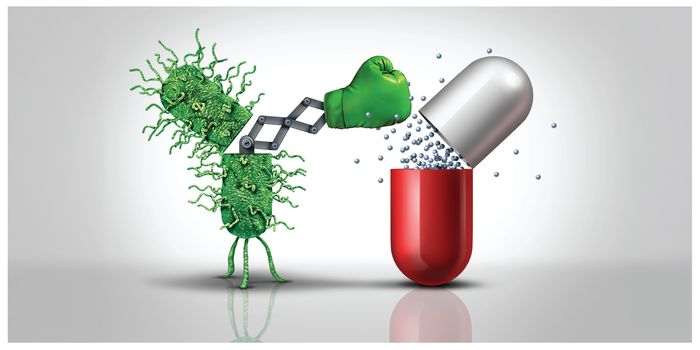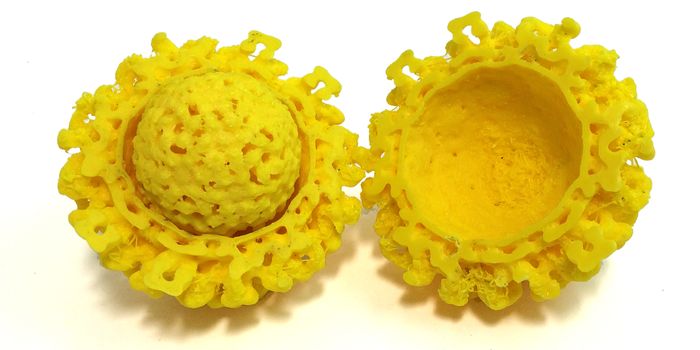Plants & Animals
Are You Eating Endangered Fish?
Kerry received a doctorate in microbiology from the University of Arkansas for Medical Sciences.









